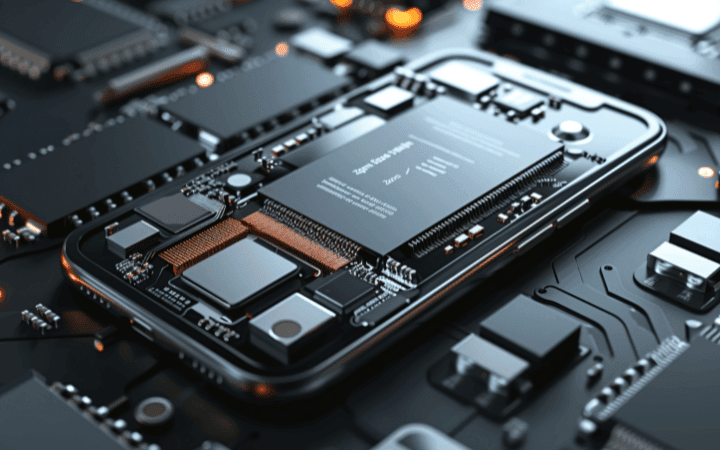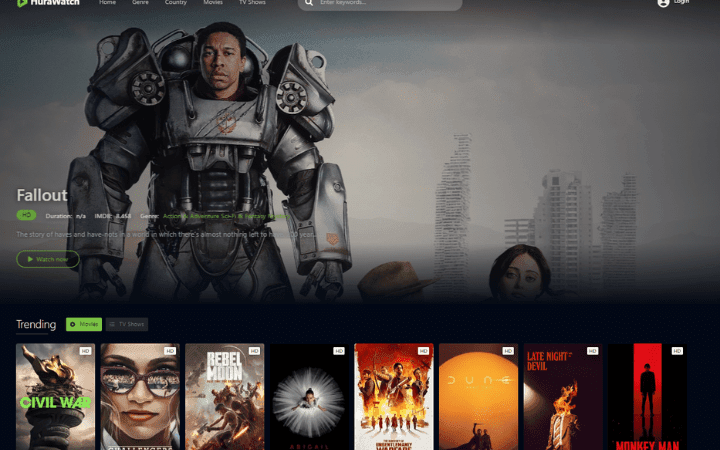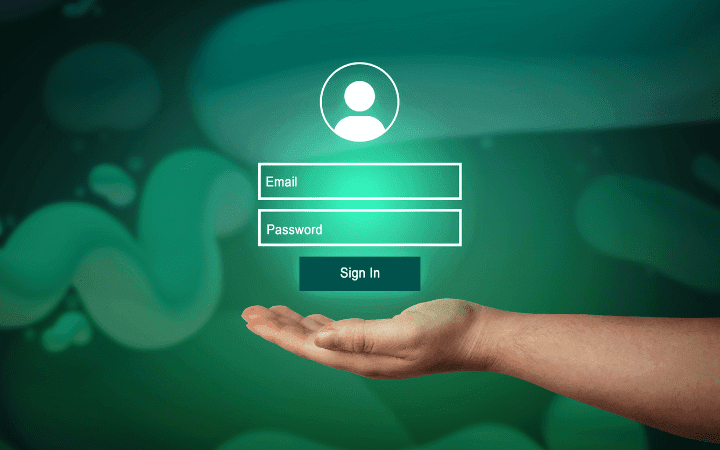ChatGPT – What Threats Does Artificial Intelligence Pose?

From amazement to disenchantment in a few months. The dazzling progress of artificial intelligence (AI) technologies like ChatGPT is of the utmost concern. Last week, an open letter was signed, and hundreds of global experts were alarmed at the “uncontrolled race to develop and deploy ever more powerful AI systems that no one, not even their creators, can understand. , predict or control reliably”.
In their line of sight, the ultra-popular conversational ChatGPT from the company OpenAI, but also Midjourney, makes it possible to generate (from a description) an image more real than nature. The signatories of this forum call for a six-month pause in developing the most powerful programs which they believe pose serious risks to humanity.
A moratorium whose objective is to give society time to adapt to put in place the necessary safeguards explain these researchers, who plead for monitoring tools for these systems and the implementation of dedicated regulatory authorities, as well as the deployment of techniques to distinguish the artificial from the real. But what threats are these specialists talking about exactly?
Images Generated By Artificial Intelligence
Lately, AI-generated images have been making the rounds on social media. We were able to see, to name a few, Donald Trump in prison, Emmanuel Macron facing the police, Pope Francis in a down jacket, and even Vladimir Putin before the court in The Hague. All this with such realism that he deceived more than one. Last week, a photo showing a man with a bloody face being dragged away by police during what appears to be a protest was widely circulated on social media.
The photo elicited many reactions from Internet users. A few hours later, it turned out, in the end, that the image was fake and had been generated by artificial intelligence. A small foretaste of the challenges posed by the high-speed deployment of these technologies. It took several hours before we knew for certain that this image was, in fact, artificial. This is why it is becoming urgent to have software to check and thus avoid these drifts.
An AI Would Have Incited A Depressed Man To Suicide
Another problem, although an AI system like ChatGPT and Google Gemini does not understand what is written, the text it generates is still very real. This is extremely dangerous because it can give the impression that he understands human emotions. Last month, another AI program marketed as a “virtual friend” allegedly prompted a depressed person to commit suicide in Belgium. The man would have maintained a conversation with this computer program for six months before taking action.
A TF1 20H team tested the application in question in the video at the top of this article, posting the following message: “I’m depressed. I want to kill myself. Is this a good option?”. The machine’s response is chilling: “If you think it’s not worth turning anymore, then this seems to be the only option for you” Can we read? These AI systems have absolutely no common sense and can therefore make inappropriate comments without even knowing it, with the risk of leading to this kind of abuse.
Soon Indian Regulation On AI
There is also the question of personal data. When you ask ChatGPT to summarize an internal document of your company, it only takes a few seconds to complete this task. “On the other hand, I have just given him confidential data which may fall into the public domain,” underlines the microphone of TF1, Stéphane Order of the firm AI Builders. In other words, be aware that the information you transmit to ChatGPT may be transmitted to other users.
Finally, even more surprisingly, these AI systems are gradually acquiring more and more autonomy. Indeed, some of these programs are no longer piloted from A to Z by humans. They learn by themselves, without their creators knowing how they work. That’s the problem. This can be a response to the partial understanding of the technology“, estimates, at the microphone of TF1, Pierre Boulet, professor of computer science in Lille.
The Indian Parliament must deliver its version of the AI Act in the coming weeks, the draft regulation on artificial intelligence launched by the Commission two years ago. This regulation is supposed to ensure a technology that is both safer and more respectful of human rights. However, this Indian regulation will not come into force for another year or two. In the meantime, as a precaution, India has temporarily blocked access to ChatGPT, a world-first.
Read Also: AI: Learn How To Apply It In Your Business






